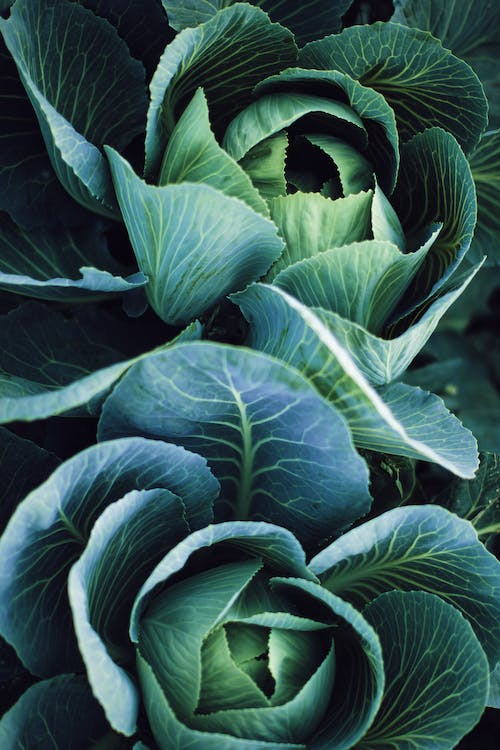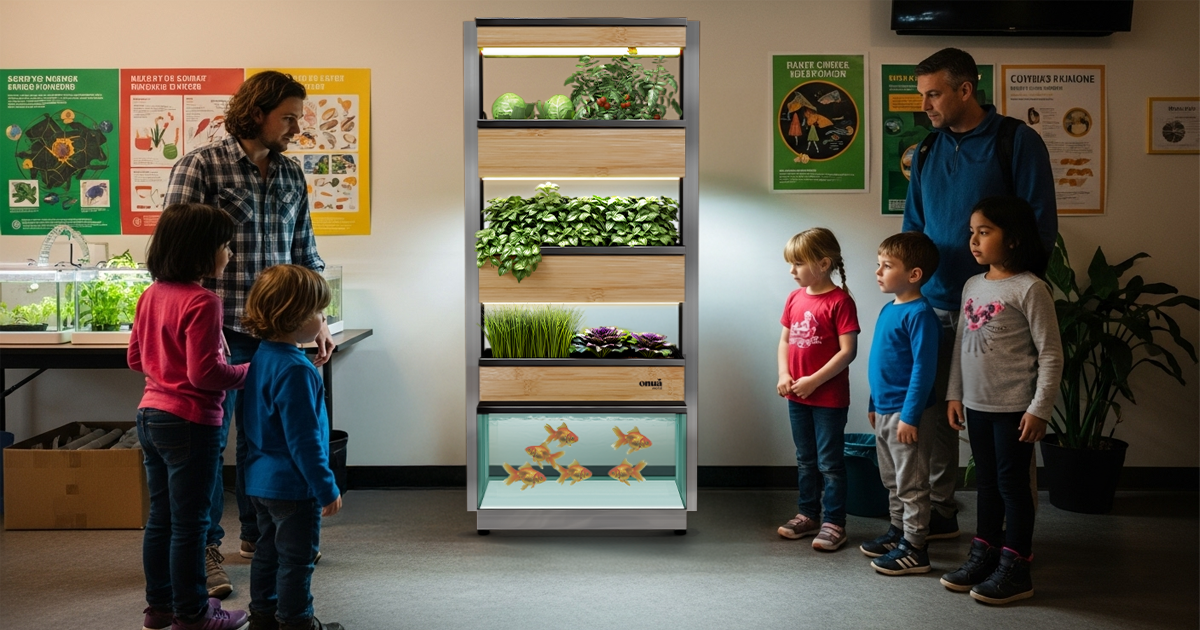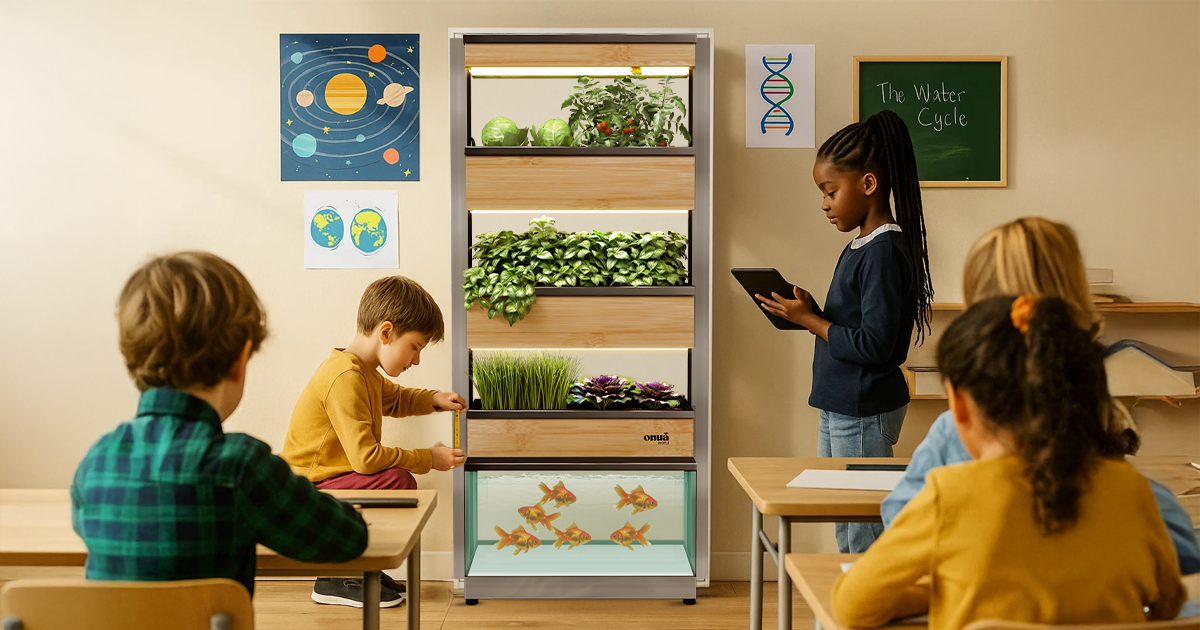Born in the 1970s through the efforts of Bill Mollison and David Holmgren in Australia, permaculture draws inspiration from the model of Japanese farmer Masanobu Fukuoka. Initially dubbed "permanent agriculture," it aimed to create sustainable, harmonious, productive, and resilient agricultural systems aligned with natural principles. However, by the 1980s, its scope expanded beyond mere agriculture into a systemic vision.
Today, permaculture, synonymous with "permanent culture" in a broader sense, represents a comprehensive ethic and methodology for designing integrated systems within a sustainable development strategy. Urging human activity to harmonize and interact with natural ecosystems, it consistently emphasizes efficiency, sustainability, and resilience.
The Harmonious Duo of Permaculture and Aquaponics:
Permaculture and aquaponics, though distinct in their approaches to sustainable cultivation, can merge into a powerful synergy, creating comprehensive and resilient agricultural systems. Permaculture, focused on the holistic design of sustainable agricultural systems inspired by natural ecosystems, seamlessly unites with aquaponics. The latter combines aquaculture and hydroponics in a closed system where fish and plants mutually benefit.
Permaculture-Aquaponics Nexus:
- Holistic System Design: Apply permaculture design principles to plan your aquaponics system holistically. Consider elements such as basin layout, water circulation, planting zones, and species diversity.
- Cultural Diversity: Integrate plant diversity into your aquaponics system, drawing inspiration from permaculture's principle of promoting biodiversity. Choose plants that coexist well with fish and offer mutual benefits.
- Efficient Resource Use: Permaculture encourages efficient resource use. In the context of aquaponics, this may mean utilizing nutrients produced by fish to optimally nourish plants, thereby reducing the need for external fertilizers.
- Waste Recycling: Permaculture emphasizes the recycling of organic waste. In aquaponics, fish excrement serves as a nutrient source for plants, creating a closed system where waste is used productively.
- Energy Autonomy: Explore means of integrating renewable energy sources into your aquaponics system, aligning with permaculture's principle of working with nature. This could include using solar energy to power pumps or water circulation systems.
- Zoning: Apply permaculture's zoning concept to organize different parts of your aquaponics system based on their frequency of use and interactions between system elements.
- Permaculture Ethic: Keep in mind the ethical principles of permaculture, such as caring for nature and humans, and equitably sharing resources. Apply these principles in the daily management of your aquaponics system.
Integration of Permaculture Principles:
By integrating these permaculture principles into an aquaponics system, a more sustainable, resilient, and balanced agricultural environment emerges. It's a holistic approach aligning food production with natural cycles, creating a symbiosis between modern technology and the wisdom of nature.
Permaculture: A Solid Foundation:
Permaculture aims to create living soil, capturing carbon, gradually eliminating soil disturbance, and promoting humus formation through the roots of perennial plants. The edge effect, favoring transition zones between ecosystems, is highlighted to maximize biodiversity.
Towards Resilient Communities:
Rooted in permaculture, the transition towns movement seeks to create resilient communities facing challenges such as peak oil, climate change, and a global economic crisis. The economic approach of permaculture, emphasizing increased production value while maintaining ecological balance, offers a long-term vision.
Yet, Real Challenges Persist:
Despite its media successes, permaculture is not without challenges. Adapting to local conditions and ensuring the economic viability of horticultural projects are crucial issues. It's essential to recognize these challenges for successful implementation.
Conclusion:
By merging permaculture and aquaponics, Onuà World has created an intelligent aquaponics garden, blending the wisdom of nature with modern technology. It's an invitation to rethink our approach to agriculture, embrace sustainability, and cultivate a future where land and water thrive in harmony. Permaculture and aquaponics, hand in hand, offer a path towards smarter, more sustainable, and planet-friendly agriculture.




